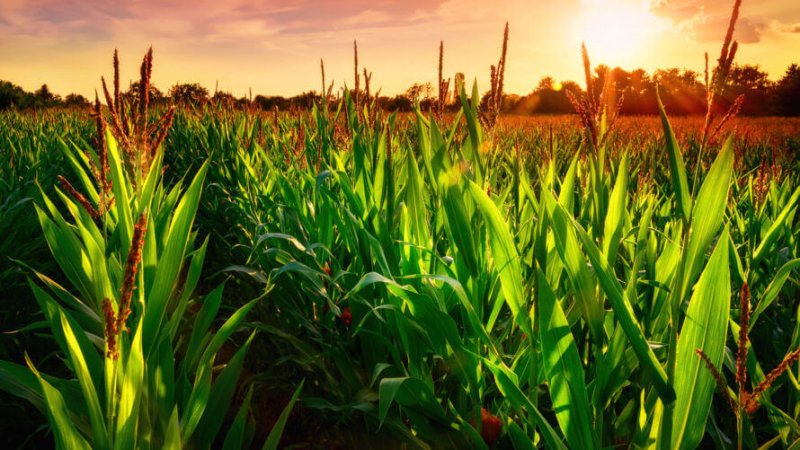Plagued by stemborers, a type of crop parasitism, maize can launch a chemical defense that essentially calls in the cavalry in the form of the parasite’s natural enemies: wasps.
In a new study published in the journal Scientific Reports, scientists have isolated the genetic markers that make this remarkable alarm system possible. It’s hoped that the discovery will aid farmers across the world in protecting their crops from parasite infestations that can destroy livelihoods.
Stemborers are devastating pests of cereal crops in sub-Saharan Africa, ruining their commercial value to the farmers who depend on them. Tritrophic interactions allow plants such as the popular crop maize to …. release a chemical signal that summons parasitic wasps who kill the stemborers by parasitizing them.
This defense isn’t present in all maize variants however, and the researchers wanted to uncover the genetics that underpin this favorable trait for commercial crops. They investigated the genetic variability of 146 maize genotypes looking at landraces (varieties selected for by local farmers) and commercial hybrids. They also used samples of the maize variants to see how effective they were at attracting the parasitic wasp Cotesia sesamiae.































